Powell Sport Wagon For Sale – This shift in mindset has contributed to a growing acceptance and even celebration of second-hand shopping, making it a mainstream activity that is not just about saving money but about making more thoughtful and responsible choices. For the seller, the goal is often to maximize the value of the business, which requires a clear understanding of the company’s assets, liabilities, and future earning potential. The focus on longevity and reliability is what sets these goods apart from their mass-market counterparts. Sellers can list items with detailed descriptions and high-quality photos, giving potential buyers a clear understanding of what they are purchasing. In some cases, it’s not just objects that are for sale, but entire industries or institutions. Similarly, in relationships, individuals may feel as though they are selling themselves, presenting their best qualities and hoping for the best outcome. Beyond financial savings and environmental impact, second-hand goods also offer a sense of nostalgia and connection to the past. If the buyer is satisfied with the findings, the next step is usually negotiation. In a world where everything is for sale, it’s easy for the vulnerable and the marginalized to be taken advantage of. Selling such an item can be a difficult decision, yet it often represents the practical need to downsize or make space for something new. Many people find that buying second-hand furniture allows them to acquire high-quality pieces that are built to last, often with a level of craftsmanship that is hard to find in mass-produced furniture. In this sense, purchasing pre-owned items can be seen as a form of social responsibility, as it helps create a positive impact that extends beyond the individual buyer. Additionally, there is the challenge of integrating the business into their existing operations and ensuring that it continues to thrive under new ownership. What will come next? What new opportunities will arise from this decision? When an item is placed “for sale,” it’s not just the object that’s changing hands; it’s often a reflection of the personal changes happening within the seller. The ease and convenience of online sales have created a global marketplace where individuals can connect with buyers and sellers across the world. The concept of “for sale” stretches beyond physical items. For those who are passionate about antiques, art, and memorabilia, the second-hand market offers endless possibilities for finding unique and valuable items that can be passed down through generations or added to a collection. Some goods, like a fine Swiss watch, carry decades or even centuries of tradition, built on a reputation of precision and excellence. When someone talks about purchasing quality goods, they are likely thinking of items that have been designed to last, to provide a superior experience, and to offer a sense of value far beyond the initial cost. The same logic applies to tools, kitchen appliances, furniture, and even technology.
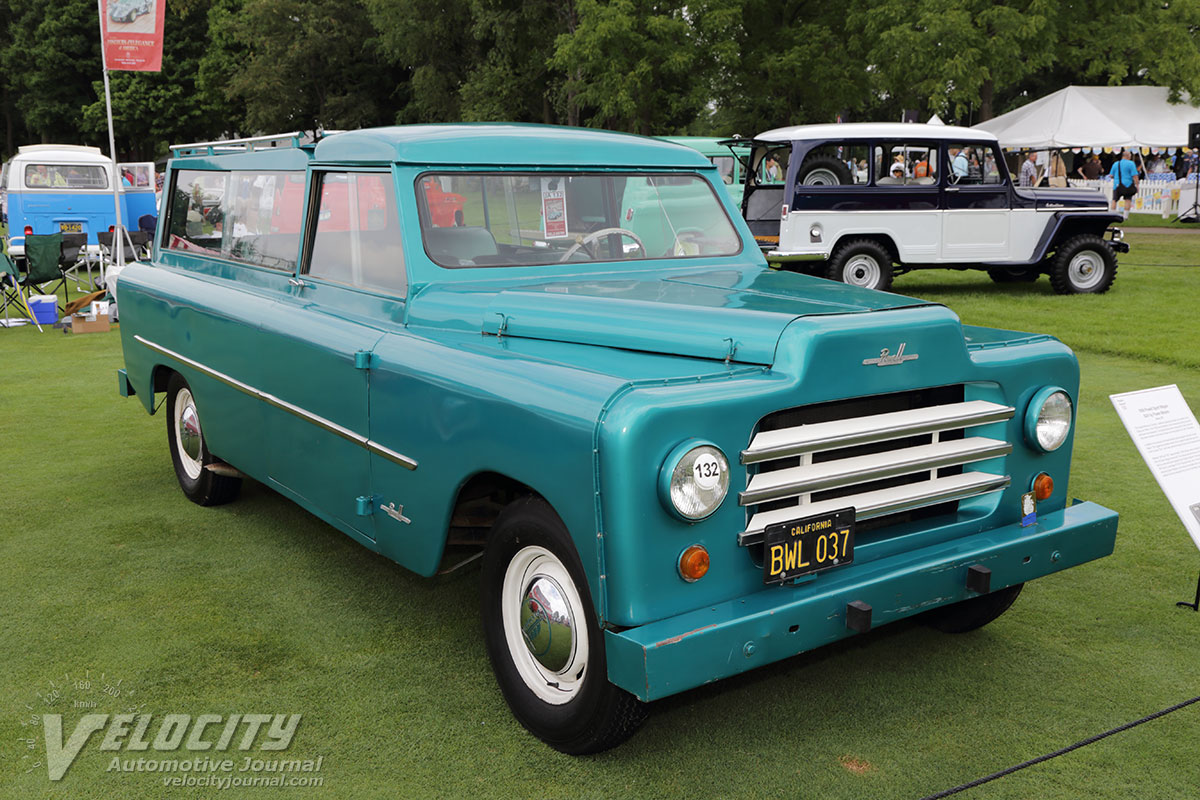
1956 Powell Sport Wagon pictures
No hassle vehicle quotesincentives & discountsguaranteed savingsget the best price 5/5 (599 reviews)
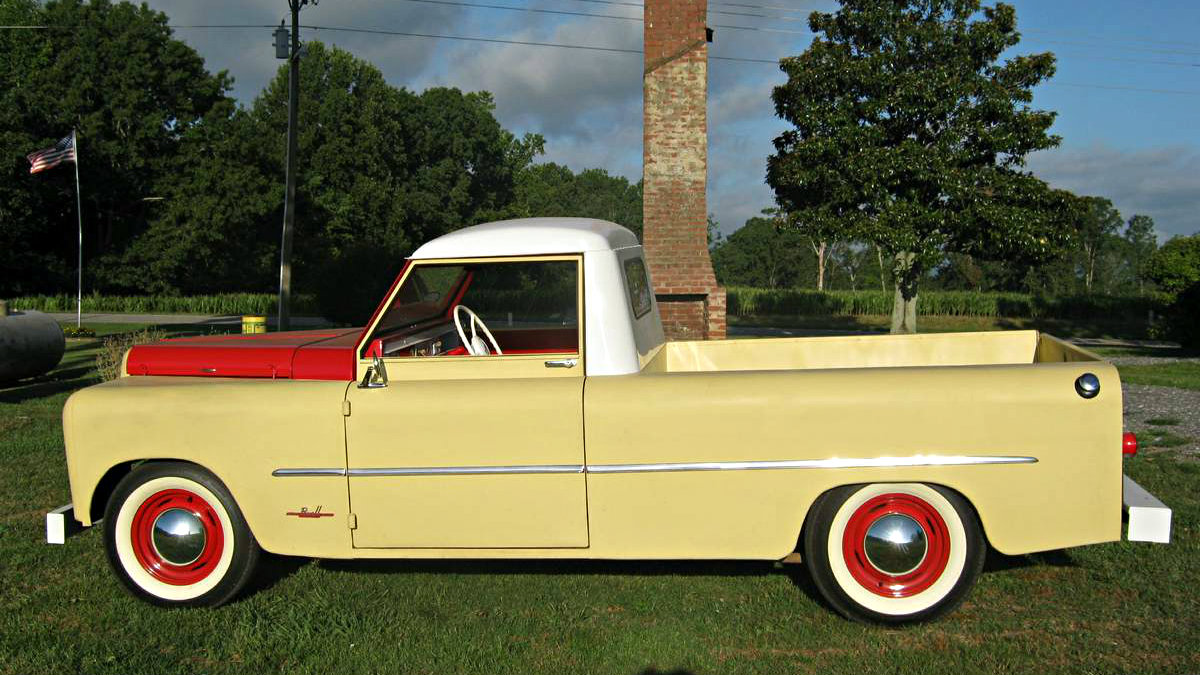
Two Birds 1956 Powell Sport Wagon and Powell Scooter Barn Finds
5/5 (599 reviews) No hassle vehicle quotesincentives & discountsguaranteed savingsget the best price

1956 Powell Sports Wagon excellent restored condition. Classic Other
5/5 (599 reviews) No hassle vehicle quotesincentives & discountsguaranteed savingsget the best price

1956 Powell Sport Wagon History, Pictures, Value, Auction Sales
5/5 (599 reviews) No hassle vehicle quotesincentives & discountsguaranteed savingsget the best price
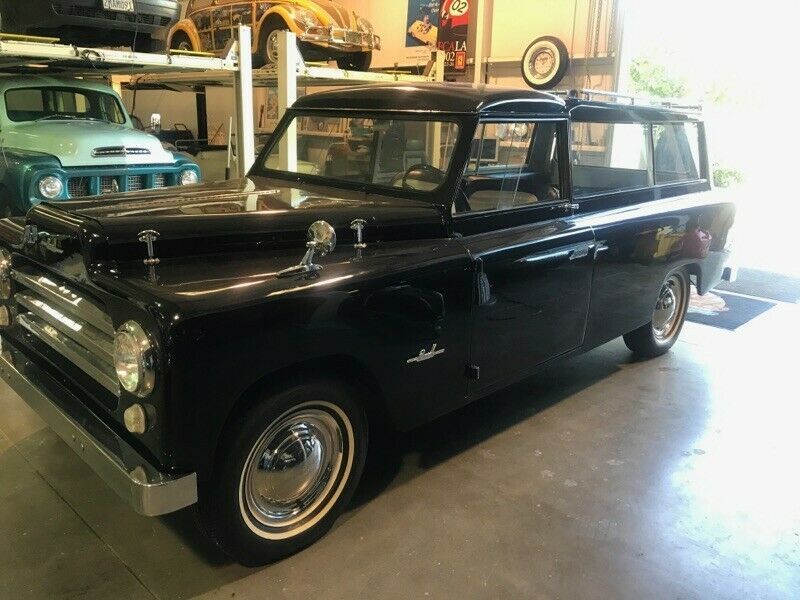
1956 Powell Sports Wagon excellent restored condition. for sale
No hassle vehicle quotesincentives & discountsguaranteed savingsget the best price 5/5 (599 reviews)

Two Birds 1956 Powell Sport Wagon and Powell Scooter Barn Finds
No hassle vehicle quotesincentives & discountsguaranteed savingsget the best price 5/5 (599 reviews)
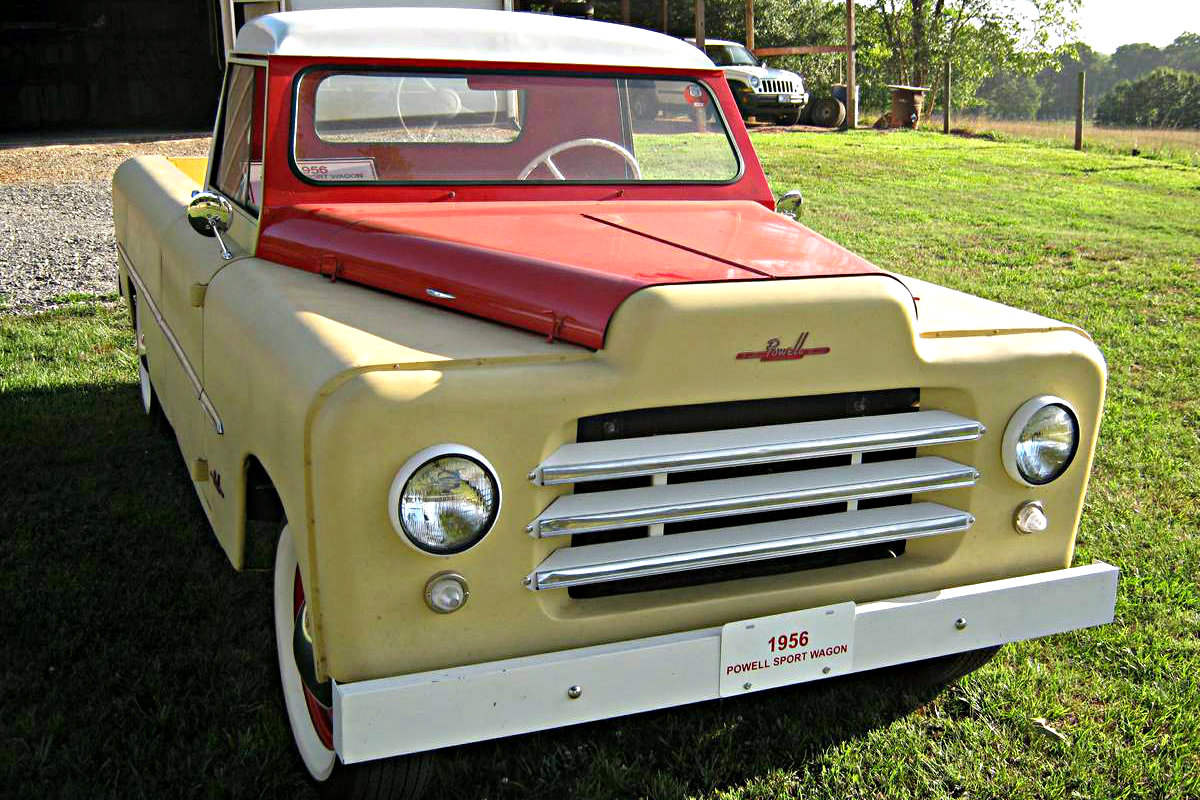
Two Birds 1956 Powell Sport Wagon and Powell Scooter
No hassle vehicle quotesincentives & discountsguaranteed savingsget the best price 5/5 (599 reviews)
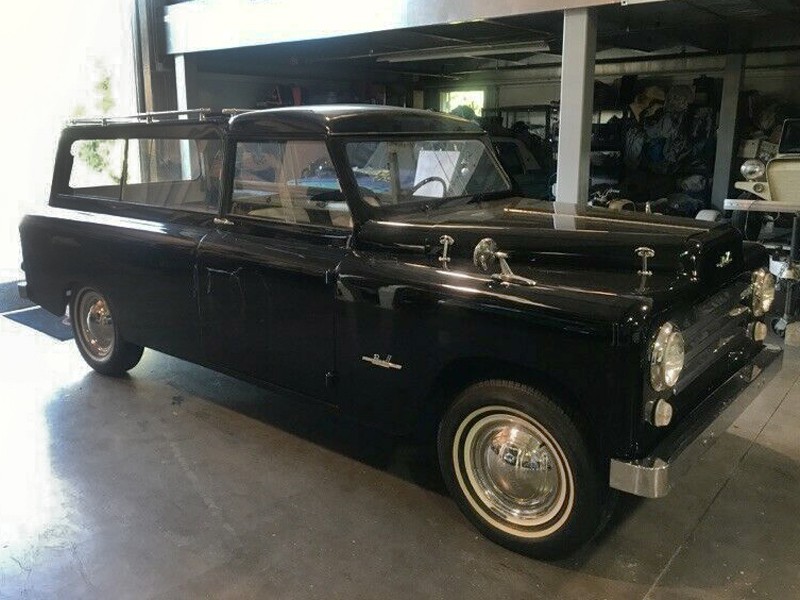
121320 1956 Powell Sport Wagon 1 Barn Finds
No hassle vehicle quotesincentives & discountsguaranteed savingsget the best price 5/5 (599 reviews)
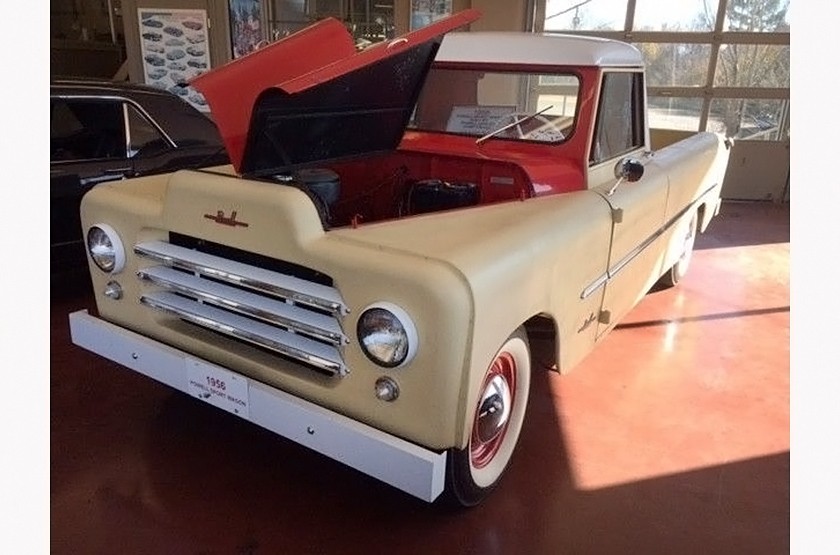
1 of 1,200 1956 Powell Deluxe Sport Wagon
No hassle vehicle quotesincentives & discountsguaranteed savingsget the best price 5/5 (599 reviews)
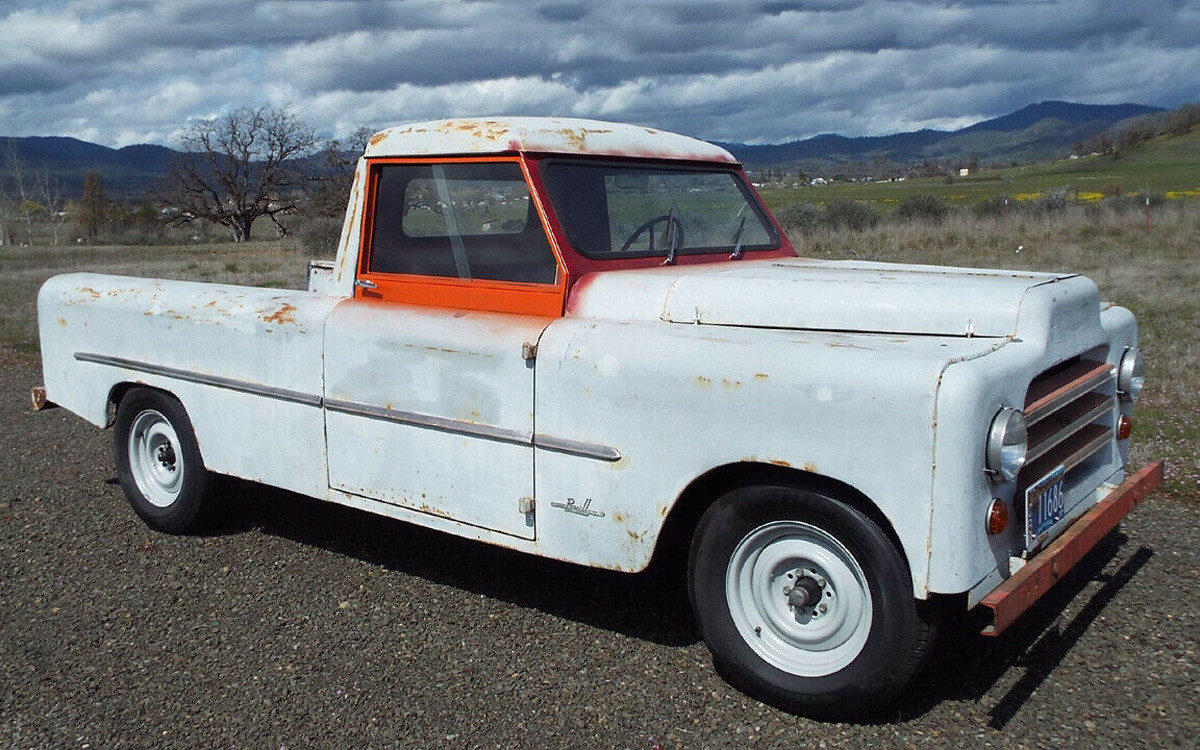
Sport Wagon Rare 1955 Powell Pickup Barn Finds
No hassle vehicle quotesincentives & discountsguaranteed savingsget the best price 5/5 (599 reviews)
It’s a world where even personal growth, self-actualization, and emotional healing are framed as commodities, available for purchase at any time, but only if you’re willing to pay the price. In the realm of real estate, for instance, selling a house is often an emotional and logistical challenge. They also have access to networks of potential buyers and sellers, which can help expedite the sale process and increase the chances of a successful transaction. We live in a society where people constantly trade their time for money, their expertise for compensation, their dreams for tangible rewards. Moreover, buying second-hand items allows consumers to access unique and vintage products that may no longer be available in stores, offering a sense of individuality that is often missing from mass-produced, new items. When an item is marked as “for sale,” it enters a space where value is defined not only by the object itself but by the context in which it’s placed. By purchasing second-hand goods, consumers help keep products circulating in the economy, giving them new life and purpose. Economic downturns, for example, can influence the types of businesses that are put up for sale, as struggling companies may look to exit the market. One of the primary reasons people turn to second-hand goods for sale is financial. These brick-and-mortar stores offer a different shopping experience, one that is often characterized by the thrill of the hunt. Art, music, literature — these expressions of human creativity and emotion are not always bound by the rules of commerce. The idea that everything is for sale works to perpetuate inequality, as those with the most resources can continue to amass power and wealth, while others are left to scramble for what little they can get. Selling such an item can be a difficult decision, yet it often represents the practical need to downsize or make space for something new. These platforms allow users to browse listings, communicate with sellers, and make purchases from the comfort of their own homes. Success after the acquisition depends on a variety of factors, such as effective leadership, market conditions, and the buyer’s ability to make improvements and capitalize on growth opportunities. Whether it’s funding education, supporting homelessness services, or providing medical assistance, the money spent in second-hand shops can contribute to making a difference in the lives of others. When someone buys a second-hand item, whether it’s a piece of furniture passed down through generations or a retro jacket from a bygone era, they are not just acquiring an object; they are connecting to a story, a memory, or a cultural moment. The decision to sell an heirloom piece of furniture, for example, can be emotionally complex, as it involves a shift in one’s connection to the past. A business for sale is not always as it appears on the surface, and the buyer must examine the company’s financial statements, contracts, debts, and even its customer relationships before deciding whether to proceed with the transaction. For many people, there is something uniquely satisfying about sifting through racks of clothes, rummaging through bins of books, or browsing shelves of home goods in search of that perfect item.
Whether it’s a high-end designer handbag, a gently used sofa, or a vintage record player, the price difference between a new and a second-hand item can be significant. One of the major environmental concerns with new products is the waste that they often generate at the end of their life cycle. Acquiring an established business can provide a head start in terms of customer relationships, operational systems, and brand recognition. People are increasingly looking for quality over quantity, preferring items that are durable, timeless, and well-made. These platforms have also made it easier for individuals to sell their own pre-owned goods, turning unused or unwanted items into cash. The production of new goods often requires significant resources, such as raw materials, energy, and labor, while also generating waste and contributing to pollution. For sellers, this creates an opportunity to declutter their homes and make some extra money, while buyers have access to a vast marketplace of affordable, unique, and sustainable products. The digital age has also transformed the way things are bought and sold. For some, it’s a matter of balancing budgetary constraints with their desire for quality. However, buying a business is not a decision to be taken lightly. Many buyers are drawn to industries where they already have experience, while others may seek a business in an entirely new field in order to diversify their portfolio. These platforms provide a convenient way for sellers to connect with potential buyers, set their prices, and arrange for shipping or pick-up. In this sense, purchasing pre-owned items can be seen as a form of social responsibility, as it helps create a positive impact that extends beyond the individual buyer. The perceived high cost of these items has led some to opt for cheaper alternatives. For when everything is for sale, it’s easy to forget that the most important things in life are not commodities; they are experiences, relationships, and moments of connection that cannot be measured in dollars and cents. From designer labels to quirky, eclectic finds, second-hand clothing offers a wealth of variety and style at a fraction of the price of new items. Even in a marketplace where everything is commodified, there is still room for those moments and experiences that transcend value. These goods, ranging from clothing to furniture, electronics to books, offer people the chance to find items they need or want at a fraction of the cost of new products. There are those who argue that not everything should be for sale. From the most trivial items in a dollar store to the most precious works of art in a museum, everything can be assigned a price.